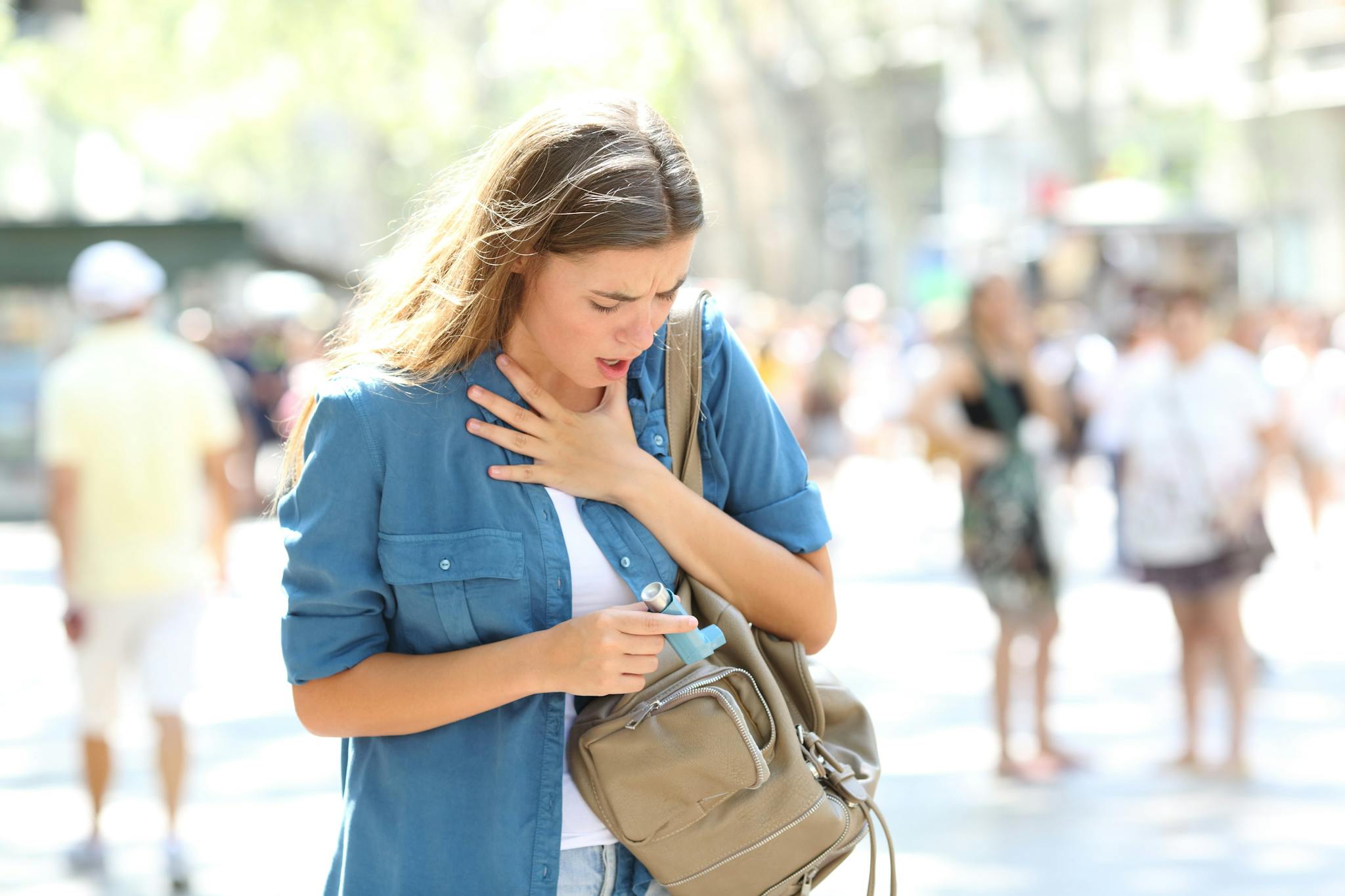
2024-07-12T16:54:51
Sunscreen Travel Tips
- Dermatology
May 1, 2019 | Family Medicine

Asthma is a condition in which the bronchial tubes in your lungs are inflamed (swollen) and produce extra mucus, which makes it difficult to breathe. Certain triggers, such as air pollution, cold weather, smoke or pet dander, can make the airways swell even more and cause an asthma attack. Other triggers of asthma attacks include physical exertion or an emotional outburst.
A severe asthma attack needs immediate attention and should be taken seriously. If your nails or lips turn blue, you experience a rapid pulse or have severe coughing, call 911 and get medical help immediately.
If you have asthma, you know how important it is to keep your inhaler on hand for times when you have difficulty breathing. Even so, many people often find themselves in a situation without their inhaler, or worse, not having an inhaler that works. If for some reason you do not have your rescue inhaler, use these tips until help arrives.
Mild to moderate asthma attacks can occur at inopportune times. You may be able to manage your asthma more effectively with these tips. If these don’t work CALL AN AMBULANCE.
The best thing you can do for your asthma is stick to your treatment plan so that you can control your symptoms and prevent attacks. Part of that process includes taking your medications regularly. It’s also important to talk to your doctor about your asthma attacks, especially untriggered attacks. Even if you get your asthma attack under control, you should let your doctor know because when you have attacks, it could be a sign that you need to tweak your treatment plan. Start getting a handle on your asthma today by making an appointment with your doctor.
“Asthma Attack Without an Inhaler: 7 Things to Do Now.” Healthline.
https://www.healthline.com/health/asthma/asthma-attack-no-inhaler
“What if you have an asthma attack and no inhaler?” Eugene Lotter, Health24.
“Caffeine for asthma.” Cochrane Library.

WRITTEN BY:
The Live Better Team


2024-07-12T16:54:51

2024-07-02T11:42:04

2024-07-01T13:49:28

2024-06-21T14:29:51
This information is not intended to replace the advice of a medical professional. You should always consult your doctor before making decisions about your health.